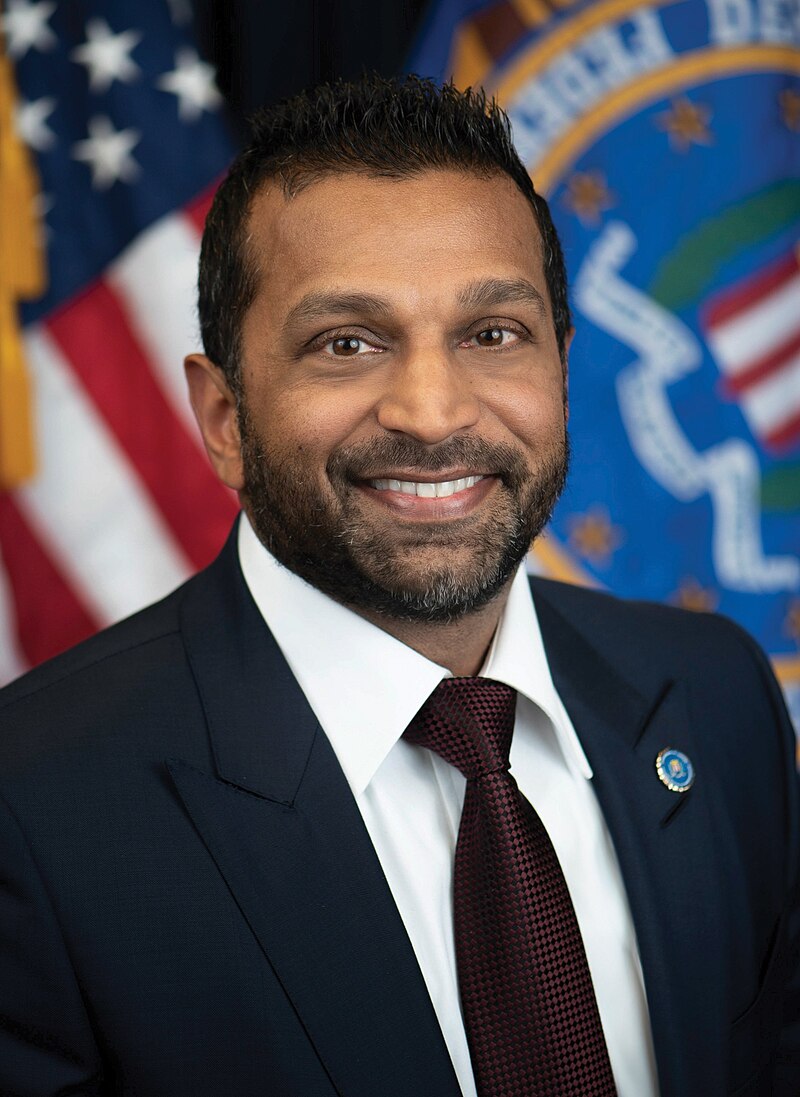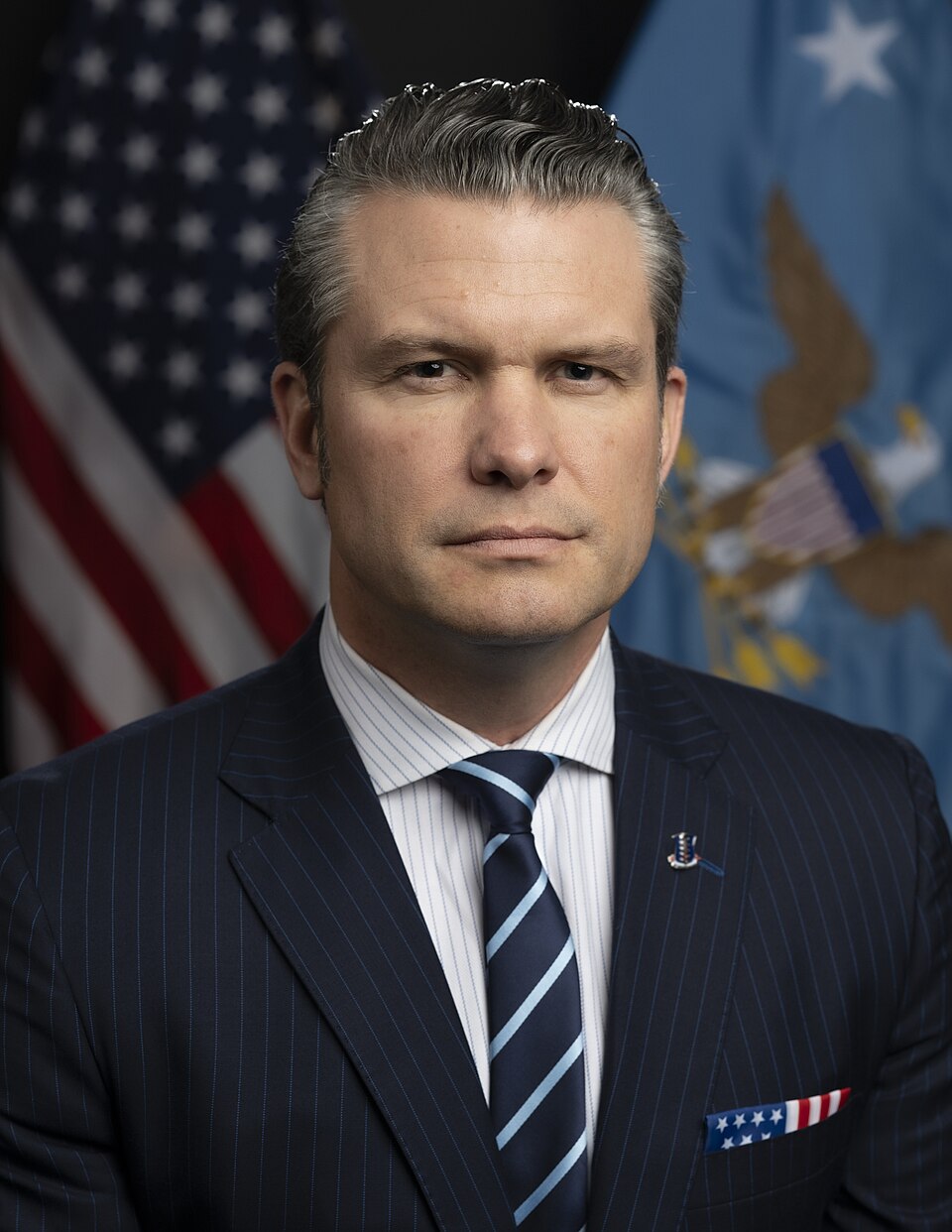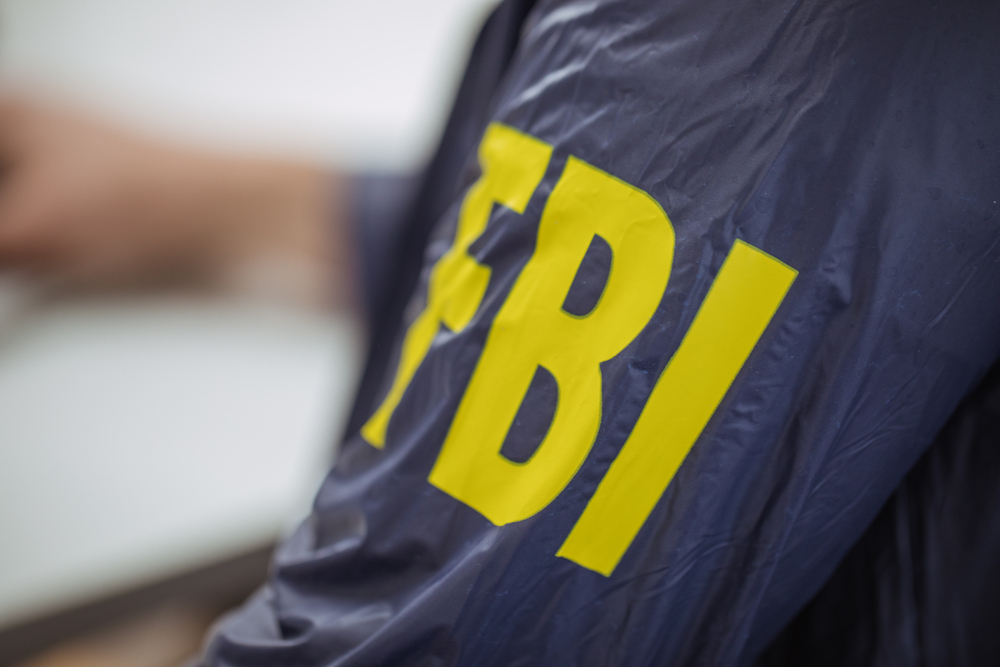
WASHINGTON — An FBI memo issued in December says investigators can interrogate domestic-terror suspects longer without giving them a Miranda warning, according to a Wall Street Journal report by Evan Perez.
The FBI memo said the policy applies to “exceptional cases” where investigators “conclude that continued unwarned interrogation is necessary to collect valuable and timely intelligence not related to any immediate threat,” the Journal reported. Interrogators would still need prior approval from FBI and Justice officials.
The controversy over the Miranda warning in domestic terrorism cases surfaced in December 2009 with the “underwear bomber” in Detroit and later the Times Square Bomber.
Both were initially questioned for a period of time before the Miranda warning was read. The underwear bomber, Umar Farouk Abdumtallab, was questioned for less than an hour before the Miranda warning was read and Faisal Shahzad, the Times Square Bomber, was questioned for about three hours before the warning was read, the Journal reported.
Some Republican and Democrats felt the suspects should have been sent to military detentions where the Miranda rules don’t apply, the Journal reported. Other critics felt the Miranda warning was issued too soon, jeopardizing chances of getting more valuable information.
But at the time, the Obama administration countered by saying the suspects continued to cooperate after the Miranda warnings were read and provided value information.
On the other side, some feel the government has no right to take the Miranda warning away from domestic terrorists.
The FBI memo seems follow to some degree a 1984 amendment to the 1966 Miranda ruling which allows questioning of suspects for a limited time before issuing the warning.
Matthew Miller, a Justice Department spokesman, told the Journal that “law enforcement has the ability to question suspected terrorists without immediately providing Miranda warnings when the interrogation is reasonably prompted by immediate concern for the safety of the public or the agents.” He said “the threat posed by terrorist organizations and the nature of their attacks—which can include multiple accomplices and interconnected plots—creates fundamentally different public safety concerns than traditional criminal cases.”
Calif. Rep. Adam Schiff, the top Dem on the House Intelligence Committee, told the Journal that the administration’s tweaking of the law could have a downside.
“I don’t think the administration can accomplish what I think needs to be done by policy guidance alone,” he said. “It may not withstand the scrutiny of the courts in the absence of legislation.”




